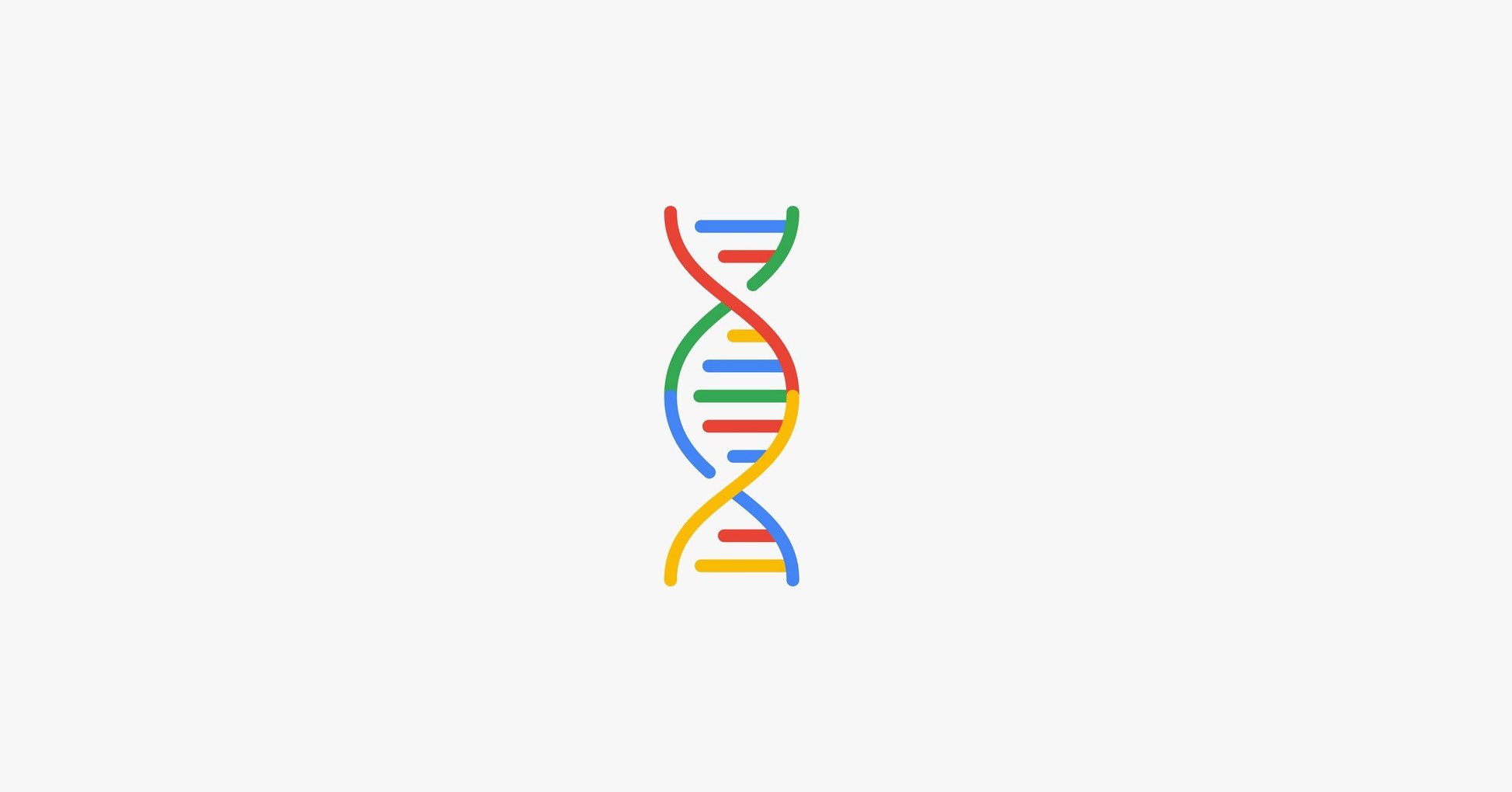On Monday, Google released a tool called DeepVariant that uses deep learning—the machine learning technique that now dominates AI—to assemble full human genomes. Modeled loosely on the networks of neurons in the human brain, these massive mathematical models have learned how to do things like identify faces posted to your Facebook news feed, transcribe your inane requests to Siri, and even fight internet trolls. And now, engineers at Google Brain and Verily (Alphabet’s life sciences spin-off) have taught one to take raw sequencing data and line up the billions of As, Ts, Cs, and Gs that make you you.
And oh yeah, it’s more accurate than all the existing methods out there. Last year, DeepVariant took first prize in an FDA contest promoting improvements in genetic sequencing. The open source version the Google Brain/Verily team introduced to the world Monday reduced the error rates even further—by more than 50 percent. Looks like grandmaster Ke Jie isn’t be the only one getting bested by Google’s AI neural networks this year.
DeepVariant arrives at a time when healthcare providers, pharma firms, and medical diagnostic manufacturers are all racing to capture as much genomic information as they can. To meet the need, Google rivals like IBM and Microsoft are all moving into the healthcare AI space, with speculation about whether Apple and Amazon will follow suit. While DeepVariant’s code comes at no cost, that isn’t true of the computing power required to run it. Scientists say that expense is going to prevent it from becoming the standard anytime soon, especially for large-scale projects.
But DeepVariant is just the front end of a much wider deployment; genomics is about to go deep learning. And once you go deep learning, you don’t go back.
Sourced through Scoop.it from: www.wired.com



Leave A Comment